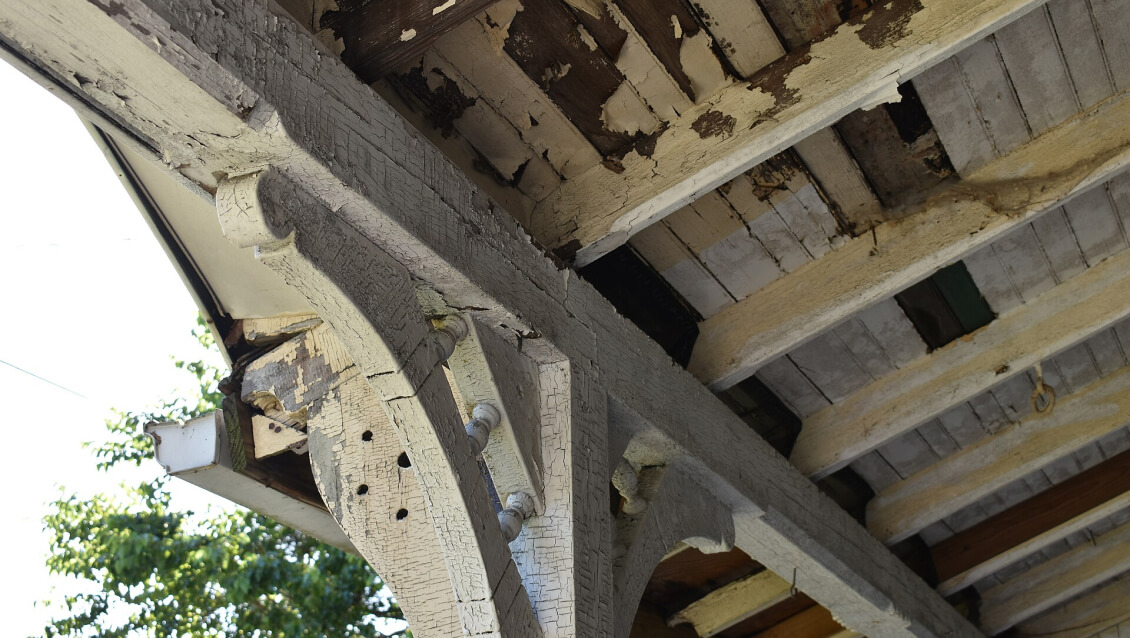In the realm of healthcare law, the distinction between common law general acts of ordinary negligence and medical malpractice is important and often intricate, as demonstrated by the contrasting decisions in “Osborne ex rel. Osborne v. Rivington House-The Nicholas A. Rango Health Care Facility” and “Halas v. Parkway Hospital, Inc.” These cases and the court’s analysis offer insights into the nuanced approach taken in assessing whether a case involves garden variety negligence or medical malpractice.
Halas v. Parkway Hospital, Inc. – A Case of Ordinary Negligence
- Citation: Halas v. Parkway Hospital, Inc., 158 A.D.2d 516 (2d Dept 1990).
- Background: The case arose from an incident where Paul Halas, a patient, fell from his hospital bed, leading to injuries.
- Court’s Analysis: The Appellate Division, Second Department, categorized the failure to provide adequate bed rails as ordinary negligence. The key factor was that this issue did not require medical expertise or judgment but was a matter that in essence was able to be assessed by the common man. The patient’s condition was “delicate and a risk of harm recognized”. Thus, the court stated, the essence of the plaintiffs’ allegations was the failure to exercise ordinary and reasonable care to ensure that no unreasonable harm befell the plaintiff. The court concluded, “since the nature of the conduct complained of may readily be assessed based upon common everyday experience of the trier of facts… the actions sounded in ordinary negligence.”
- Implication: This decision underscored the fact that in some cases a plaintiff who suffers injury as a patient in a hospital or nursing home may assert an action sounding in general negligence.
Osborne ex rel. Osborne v. Rivington House – A Different Perspective
- Citation: Osborne ex rel. Osborne v. Rivington House-The Nicholas A. Rango Health Care Facility, 19 Misc.3d 1132(A), 2008 N.Y. Slip Op. 50975(U) (Sup. Ct. 2008).
- Background: This case involved a resident at a nursing home who suffered from a fall and developed pressure sores.
- Court’s Analysis: The New York State Supreme Court examined whether the care and decisions leading to falls and pressure sores required medical expertise. Unlike in Halas, the Osborne case involved an evaluation of the nursing staff’s medical judgment and care decisions, potentially categorizing it as medical malpractice. The court noted that Osbourne’s condition was not as extreme as that in Halas, concluding that the determination of whether bed rails were required, implicated medical assessment and judgment.
- Implication: The Osborne decision illustrates the complexity of determining whether one should bring a fall case as one of ordinary negligence or medical malpractice. The line between ordinary negligence and medical malpractice often is one of the degree of frailty of the patient’s condition.
Reconciling Halas and Osborne The differing conclusions in these cases hinge on the nature of the duty breached. In Halas, the duty (providing bed rails) did not require medical expertise, while in Osborne, the actions (management of pressure sores and fall prevention) potentially involved medical judgment. The critical question appears to be whether a layperson, observing the patient’s condition, would recognize the inherent dangers and necessary precautions.
Conclusion “Osborne” and “Halas” collectively offer a roadmap for legal practitioners and families navigating healthcare-related incidents. They underscore the importance of context in determining whether an incident falls under the rubric of ordinary negligence or medical malpractice, highlighting the need for careful evaluation of each case’s specifics. These decisions are instrumental in shaping the legal landscape of patient safety and healthcare provider responsibility in New York.
We welcome your legal questions for topically relevant articles in the future. Feel free to compose a question – it may be addressed in future articles. Email Question
Free Case Evaluation
Fill Out The Form Below To Find Out If You Have A Case.
Thank you for contacting us. One of our colleagues will get back to you shortly.



